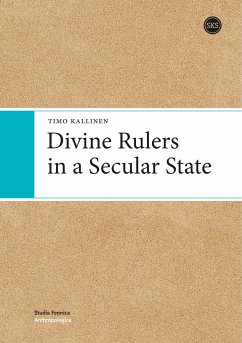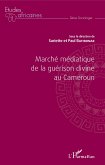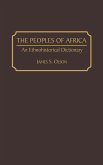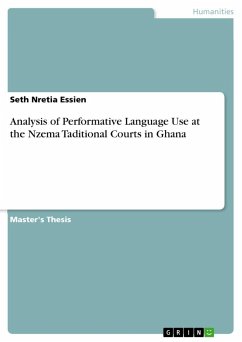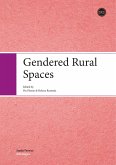In present-day Africa chiefs interact fluently with modern states, international organizations, and business corporations, and traditional chieftaincy is perceived essentially as a secular institution. Consequently, social scientists have started paying serious attention to the role of traditional authorities in contemporary political landscapes. Yet it was only a few decades ago that classic ethnographers were characterizing chiefs as priests, magicians, diviners, rainmakers, and the like. What happened to the divinity of African chiefs and kings? Drawing on his research on the Asante people of Ghana, West Africa, Timo Kallinen explores how the colonial and postcolonial states have attempted to secularize the sacred institutions of chiefship and kingship, a process which is by no means complete. Furthermore, it has frequently proved a problematic undertaking with regards to a number of burning issues in contemporary Ghanaian society, such as Pentecostal-Charismatic Christianity, nationalism, international development aid, civil society participation, coup d'états, and witchcraft.

